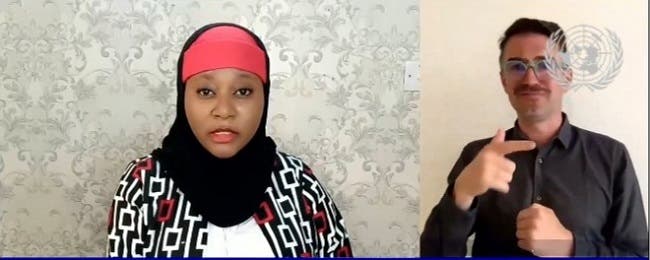The suspension of U.S. funding for HIV programs in Nigeria and other low- and middle-income countries could have devastating consequences, the World Health Organization (WHO) has warned.
The funding freeze under the U.S. President’s Emergency Plan for AIDS Relief (PEPFAR)—a cornerstone of the global HIV response for over two decades—threatens to disrupt essential treatment programs and put millions of lives at risk.
WHO cautions that halting financial support will severely impact HIV treatment access, particularly the supply of safe and effective antiretroviral therapy (ART), which over 1.9 million Nigerians currently rely on. The organization is urging the Trump administration to introduce further exemptions to ensure the continuation of lifesaving care in affected countries.
WHO Director-General Dr. Tedros Adhanom Ghebreyesus expressed deep concern over the potential setbacks, emphasizing that the funding cut jeopardizes critical HIV therapy for more than 30 million people worldwide.
In a statement, Tedros warned that suspending funding could not only increase illness and mortality rates among people living with HIV but also undermine prevention efforts at the community level. If the freeze continues, he cautioned, it could reverse decades of progress and push the world back to the HIV crisis of the 1980s and 1990s, when millions died annually—including many in the United States.
“WHO is alarmed by the immediate consequences of this funding pause on HIV programs in low- and middle-income countries. These initiatives provide lifesaving treatment to over 30 million people worldwide,” the statement read.
“A prolonged funding halt could put those with HIV at heightened risk of illness and death while severely disrupting prevention efforts. If sustained, this could cause a surge in new infections and fatalities, undoing years of progress and potentially returning us to a time when millions died from HIV each year.”
Tedros further stressed that global public health efforts could suffer serious setbacks, particularly in scientific advancements, affordable medication access, and community-based care models. He urged the U.S. government to implement additional exemptions to prevent disruption in HIV treatment and care.
PEPFAR, launched in 2003 under the U.S. Leadership Against Global HIV/AIDS, Tuberculosis, and Malaria Act, is the largest global health initiative focused on a single disease. Over the past 20 years, it has saved more than 26 million lives through its programs.
Since its inception in Nigeria, PEPFAR has invested over $7.8 billion to strengthen the country’s healthcare system and expand access to HIV treatment. The initiative has grown the number of ART treatment sites from approximately 25 in 2001 to over 1,000 today.
Thanks to PEPFAR, Nigeria’s HIV infection rate has declined from 5.1% in 2003 to 1.4% in 2018. The program has also improved data management, strengthened healthcare infrastructure, and supported the development of policies and workforce training.
With a goal to eliminate HIV/AIDS as a public health threat by 2030, PEPFAR remains instrumental in helping Nigeria achieve the “95-95-95” targets—ensuring that 95% of people with HIV are diagnosed, 95% receive treatment, and 95% achieve viral suppression.







